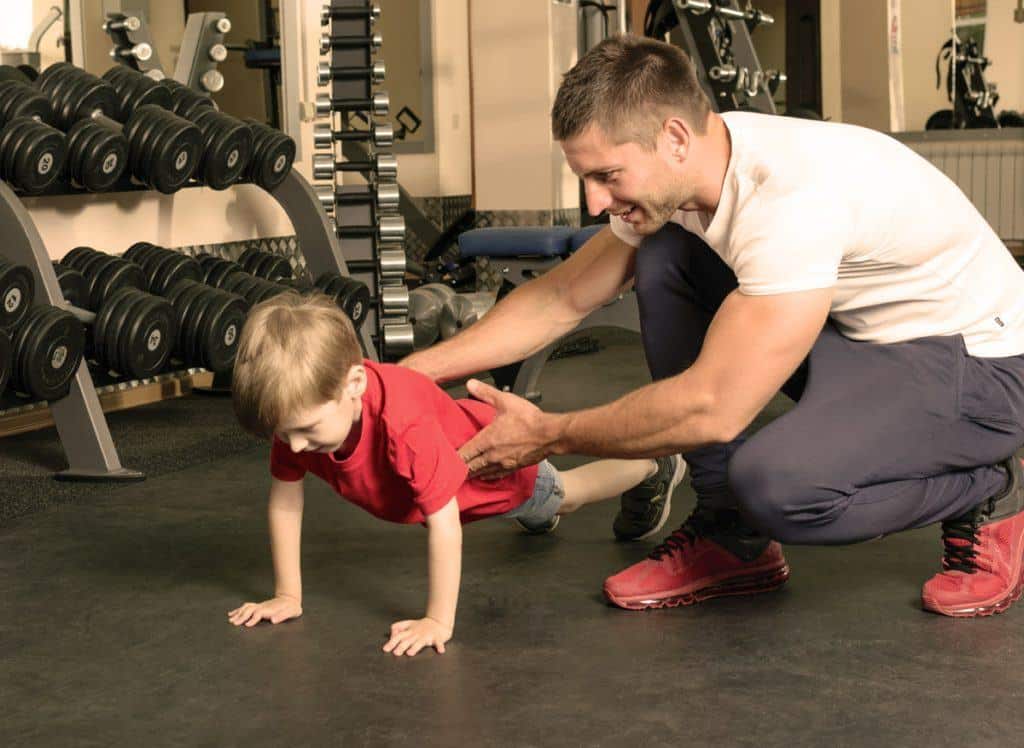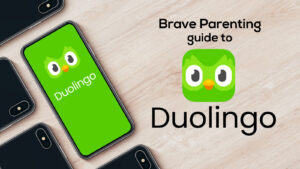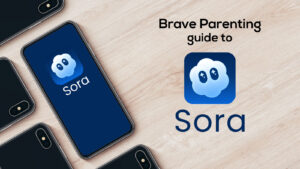Nine months have quickly passed and we find ourselves surrounded by the endless possibilities of summer. If you are like most parents, you stand at the end of May in disbelief another year has flown by. We can wish for time to slow down but in reality the time with our children is fleeting. We have only a handful of precious years to mold, teach, influence, and love them before they are off.
With our limited time in mind, intentional choices are crucial for parents. We cannot let life happen to our children and hope for the best. BRAVE PARENTING is intentional parenting.
I believe summer is some of the most fertile time to be planting and sowing strong character and values into our children. Summer is when we have the advantage of time and presence over their friends and peers. This is when intentional character development can reap a bountiful harvest.
The following are 7 character building family activities you can implement over summer. They are simple and relevant across all age groups.
Each family member plan and prepare a meal:
Character focus: Responsibility, Independence, Problem Solving Skills & Time Management
This is a great idea to implement with school aged children home for summer – especially middle school and high school kids! Allow each child to choose a favorite meal or something new they’d like to try. Schedule an evening for their dinner and have them prepare a grocery list for you. On their assigned dinner night you can be present but only help if they need it. Allow them the joy and pain of learning by following directions and making errors along the way. They will feel the pride of accomplishment when they are done. This provides kids with introductory kitchen skills important in life as well as an understanding of the time and effort it takes to prepare and serve a meal. This family activity is a no-brainer, as they say. It encompasses life skills and character growth all centered on a core family activity: dinner.
Designate 1 night of the week as a Dessert night:
Character focus: Self-Control, Realistic Expectations, & Patience
Designated dessert nights can provide a routine special treat for kids to look forward to. It should go without saying that children don’t need desserts every day, yet mass marketing to our children says otherwise. Designating ONE day of the week as “Dessert day” makes it a fun and easy way to make desserts special again. On this night you could try a new dessert recipe, visit a local frozen yogurt shop, or just pick up Oreos from the grocery store. If you are feeling creative, write a list of different dessert choices at the beginning of summer and place them in a jar. On dessert day draw from the jar to reveal that evening’s surprise dessert! The key is for everyone to look forward to “Dessert Night” instead of expecting and asking for a dessert every night. This family activity also keeps things “special” in a culture full of limitless gratification. If everything is permissible, what is left to be special? Dessert nights – that’s what’s special.
Work out or exercise together:
Character focus: Perseverance, Self-Discipline, & Accountability
Whether you join a gym, train for a 5K, use workout DVDs at home, or walk in the neighborhood – there are many ways to role model healthy living and exercising to children. Kids love to feel like they are a part of an adult activity; therefore incorporate them into your running routine, Beachbody workouts, or weightlifting regime. Challenge them to have self-discipline and persevere through hard work. Aside from the health benefits, one of the best benefits to working out together is mutual accountability. This is a key skill that will help children as they navigate friendships, peer pressure, and other big life choices. Adults need accountability just as much as kids do – who better to keep us on track with our workout routine than our own children?
Read a book series together:
Character focus: Attention/Focus, Self-Esteem, & Contentment
Reading out loud is a great way to bring calm to everyone before bedtime. Choose a book series your kids have never read before or wouldn’t chose on their own and transport yourselves to the land of fiction every night. This is a great time to begin a series of books which may otherwise be too advanced for your kids to read alone. If you have tweens or teens who would rather read on their own, pick a book you can read separately. Then, each day, you can discuss with eager anticipation what happened in the book the previous day. The benefits to reading are endless. We know it promotes higher thinking, better vocabulary, communication skills and creativity. Reading together cultivates even more benefits such as family bonding and trust.
Learn a new sport/activity together:
Character focus: Self-Confidence, Decision Making, & Humility
Whether you learn a new card or board game or you learn a sport like Frisbee golf, lacrosse, or badminton – learning together is so much more fun! This gives your child the opportunity to learn and adapt to something new at the same rate (maybe even faster!) than the parent. This helps build children’s self-confidence and demonstrates how learning new things is a lifelong process. All new endeavors offer the opportunity for humility and a great way for children to learn how to be humble is by watching their parent exhibit it first.
Get artistic together:
Character focus: Creativity, Confidence, Dedication & Perseverance
Art is a beautiful and fun way for your child to express themselves and develop creativity. While you as a parent may not feel artistic and creative, chances are your child does. You could try some family art challenges where everyone is assigned the same drawing, you separate to draw then come back together to compare everyone’s unique artistic instincts. Another option would be for all to try their hand at canvas painting a tree, monogram, or flower. Art utilizes the equally important right side of the brain and can develop creative thinking and problem solving skills. Art projects allow children to display confidence and remain dedicated to a task until completion. It also can help children understand everyone’s unique giftedness and demonstrate there is not one right way to do everything.
Learn some basics of a foreign language together:
Character focus: Compassion & Adaptability
Choose a language that your children are most likely to encounter in your community and begin learning a few basics together. It’s easy to start with numbers, days of the week, and salutations. Kids can practice using the language on an everyday basis around the home saying please, thank you, and good morning. Once confident enough, kids can practice it among community members who also speak the language. The impact of knowing a foreign language may not be immediately seen by children. Therefore it may be necessary to have them experience a communication void first. Volunteering within your community and eating at ethnically diverse restaurants are a few ways to expose them to foreign languages. There are many known benefits to learning and knowing a second language such as improved linguistics, cognitive skills such as critical thinking and problem solving, as well a future career and societal impact.












